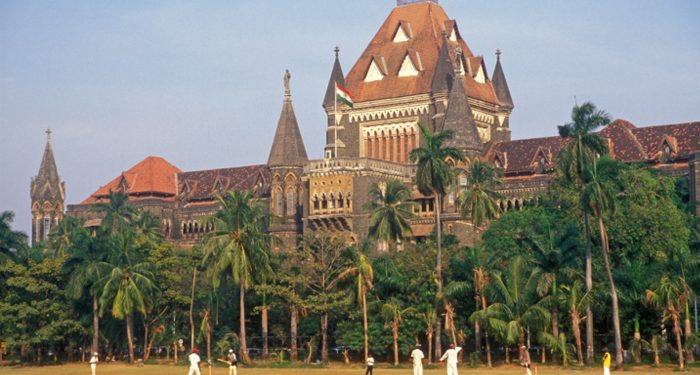Mumbai: The Bombay High Court said Tuesday that as per law, if a man has two wives and both lay claim to his money, only the first wife would be entitled. However his children from both marriages would get the money equally divided among themselves..
A bench of Justices SJ Kathawalla and Madhav Jamdar made the above observation orally. This came after the Maharashtra government submitted that there existed a previous full bench judgement of the high court’s Aurangabad bench that gave a similar direction.
The bench led by Justice Kathawalla was hearing a petition filed by the second wife of Suresh Hatankar. He is an assistant sub-inspector in the Maharashtra Railway Police force. He died of COVID-19, May 30.
The Maharashtra government’s resolution promises a compensation of Rs 65 lakh to police personnel who die of COVID-19 while on duty. So the two women, both claiming to be Hatankar’s wives, had laid a claim to the compensation amount.
Later, Shraddha, Hatankar’s daughter from his second wife, approached the Bombay High Court. She pleaded that she be given a proportionate share of the compensation amount to save her and her mother from ‘starvation’ and homelessness.
The state’s counsel Jyoti Chavan told the bench Tuesday that the Maharashtra government would deposit the compensation amount in the court for the time that HC takes to decide who is entitled to the amount. Chavan also informed the court about the judgement of the Aurangabad bench.
The court then said, “The law says that the second wife might not get anything. But the daughter from the second wife, and the first wife and the daughter from the first marriage will be entitled to the money””
Hatankar’s first wife Shubhada and the couple’s daughter Surbhi, who were present before the court through video-conferencing, claimed they were not aware that Hatankar had ‘another family’.
However, Shraddha’s counsel Prerak Sharma told the court that Surbhi and Shubhada knew about Hatankar’s two marriages. They had also contacted Surbhi on Facebook on previous occasions.
Sharma also said that Hatankar had been living with his second wife and their daughter in the railway police quarters allotted to him in Dharavi.
The high court, therefore, directed Hatankar’s first wife and her daughter to file an affidavit by Thursday, clarifying if they knew Hatankar had two families.
Hatankar married for the first time in 1992 and his second marriage took place in 1998.
Shraddha told the court in her plea that both the marriages were registered with the Registrar of Marriages and under the Hindu Marriage Act. She claimed in her plea that being the child of Hatankar’s second wife, she too had the right to family pension, and death-cum-retirement gratuity.
Therefore, she and her mother should get equal proportion of the compensation disbursed by the state government and the Railways.






































